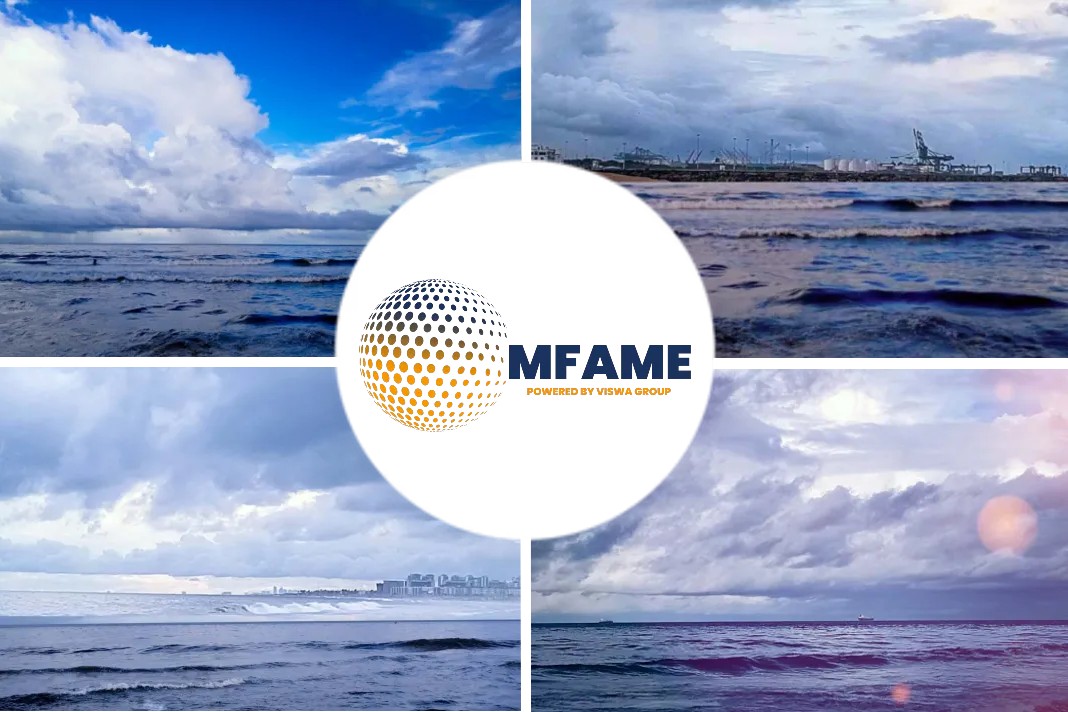Legislation proposing strict new prohibitions on the purchase and operation of the world’s most popular container cranes could cause severe disruptions at U.S. ports, reports FreightWaves quoting a maritime cybersecurity expert.
Security vulnerabilities
The Port Crane Security and Inspection Act of 2022, introduced last week by Carlos Gimenez, R-Fla., bans port cranes sold under contracts with countries considered a U.S. foreign adversary — which includes China, the world’s largest manufacturer of ship-to-shore gantry cranes — from operating at U.S. ports.
In addition, within five years after the law is enacted, operators of such cranes already in the U.S. would be required to remove any software manufactured by countries covered under the ban that connects the cranes to the ports’ cyber infrastructure.
The legislation also states that cranes purchased from China that had been scheduled for delivery at U.S. ports and determined by the U.S. Department of Homeland Security “to be of high risk to port security or maritime transportation security” must be inspected by the Cybersecurity and Infrastructure Security Agency (CISA) for “potential security vulnerabilities” before they can begin operating, according to the bill.
Bull’s-eye on ZPMC
There are just a handful of container crane manufacturers of large ship-to-shore cranes built to load and unload post-Panamax-size ships and larger, but one company dominates: China’s ZPMC, which is estimated to control at least 70% of the market.
As a state-controlled company unburdened by the same profit-turning pressures of its international competitors, ZPMC can offer significant below-market prices for cranes that typically cost $10 million to $12 million or more, a marketing director for an international crane manufacturer told FreightWaves.
ZPMC-built cranes are operating at the largest U.S. container ports, including Los Angeles, New York, Virginia, Baltimore, Seattle, Miami, Houston, Charleston, South Carolina, and Tampa, Florida.
While ZPMC is the apparent target of the legislation and would potentially see a market hit as U.S. ports continue to expand, its competition, conversely, could benefit. Among the largest are Konecranes and Kalmar Global, both based in Finland, Liebherr of Ireland and Japan’s Paceco Group/Mitsui E&S.
Another supply chain hit?
The legislation as currently written could present logistical problems for public and private container terminal operators, Scott Dickerson, executive director of the nonprofit Maritime Transportation System Information Sharing and Analysis Center Institute told FreightWaves.
“These are major investments for industry and to place a prohibition for certain cranes to no longer operate [with current software] within five years would severely impact shoreside operations and ultimately the general public,” he said. “It’s not as simple as swapping out the software — it isn’t equivalent to saying you’ll switch to using an Edge versus a Chrome browser. The supply chain issues we are seeing today would likely be significantly worse under this proposed legislation.”
Did you subscribe to our daily Newsletter?
It’s Free! Click here to Subscribe
Source: FreightWaves

















